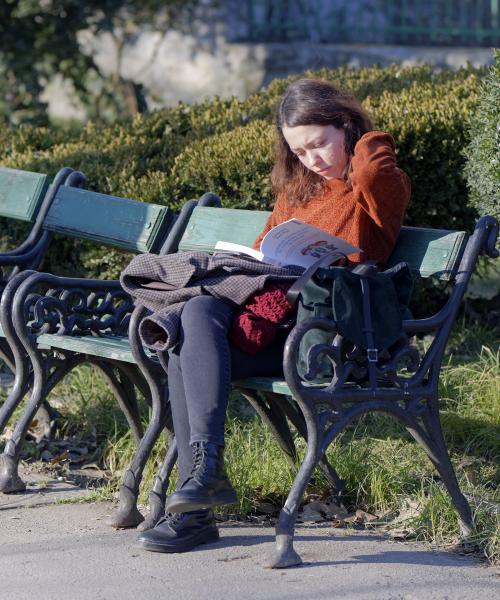There are two pandemics currently afflicting us. COVID-19, of course, and the "infodemic" – otherwise known as a tsunami of information and misinformation.
"We are infected with a potent blend of rage, insecurity, sanctimony, and intemperance; as these ills fester inside us, they eventually spill out of our bodies and into the body politic as toxicity and falsehood. And no vaccine is coming to fix this disease.
Profit-driven algorithms have combined with dishonest actors, failing institutions, and our own base instincts to produce a free-for-all of news, facts, and norms."
From Hedgehog Review, The Virus Without a Vaccine
Spoiler Alert: Political opinion ahead.
"The potency of this belief has already scrambled some of the conventional explanations for conspiratorial beliefs, particularly the conceit that the key problem is misinformation spreading downward from partisan news outlets and social-media fraudsters to the easily deceived. As I watch the way certain fraud theories spread online, or watch conservatives abandon Fox News for Newsmax in search of validating narratives, it's clear that this is about demand as much as supply. A strong belief spurs people to go out in search of evidence, a lot of so-called disinformation is collected and circulated sincerely rather than cynically, and the power of various authorities — Tucker Carlson's show or Facebook's algorithm — to change beliefs is relatively limited."
Here is an interesting viewpoint on the conspiracy theories swirling around us over the election. Despite what that paragraph above may sound like to you, it is written by a conservative columnist for the New York Times, Ross Douthat. You can take it or leave it, but it provides insight into scientific conspiracies. Why Do So Many Americans Think the Election Was Stolen?
Synthetic biology is a term that describes the genetic modification of organisms, yes, the field that creates GMOs – the Frankenstein monster or savior of our world, depending upon your worldview. Here is a scientific brief on making rice, one of our staple crops, more sustainable in a climate-changing world.
"Rice, one of the main world food staples, uses the less efficient C3 photosynthetic pathway. Scientists predict that the introduction of the more efficient C4 photosynthesis traits into rice can potentially increase photosynthetic efficiency by fifty percent, improve nitrogen use efficiency and double water use efficiency."
How do those who believe in a rapidly-changing climate and are against GMOs' development view this as a help or hindrance? From Phys.org, C4 rice's first wobbly steps towards reality
The lockdowns seem to be coming, even with vaccines on the horizon. The Atlas Obscura brings us the random doodles of a guy in lockdown. Well, really, he was hiding out from the authorities, and for three months had quite a bit of free time on his hands. Quite the doodler, Michelangelo's Hidden Drawings
"Today, 98% of all real Christmas trees on the market come from tree farms.
According to the USDA, there are 15k of these farms in the US, ranging in size from 2 acres to 9k acres. Though the market is largely stratified, the 434 largest farms control ~75% of the total supply.
At any given time, there are 350m Christmas trees growing on these farms in various stages of development — and in a typical year, ~25m will be harvested for sale."
'Tis the season, and nothing says Christmas like a Christmas tree. Families are divided between the real and the artificial. It is time to follow the money for a big business, COVID-19 or not. From The Hustle, The economics of Christmas trees




